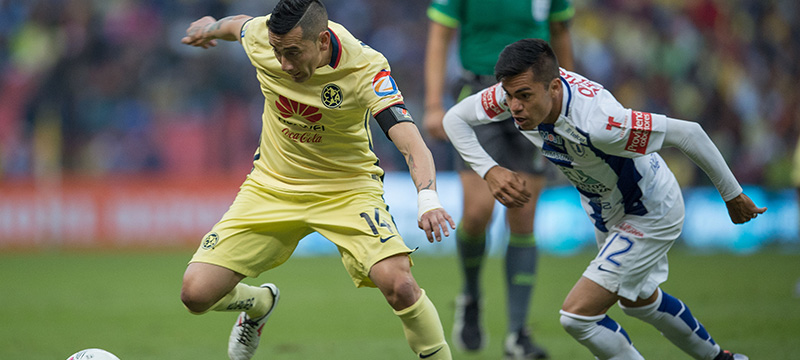
Introduction:
Cats have always been a subject of fascination for humans. Their diverse colors, personalities, and behaviors continue to captivate cat lovers worldwide. However, there are instances where cats may exhibit unique characteristics that raise questions among their owners. One such topic is feline Down syndrome. In this article, we will delve into what is known about this condition, debunk myths, and provide insights into caring for a cat with distinctive needs.

What Is Feline Down Syndrome?
Feline Down syndrome, often referred to as “cat with Down syndrome,” is a term used to describe cats that display physical or behavioral characteristics reminiscent of the genetic condition found in humans. Down syndrome in humans is caused by the presence of an extra chromosome, typically chromosome 21. However, there is no known genetic link or extra chromosome associated with feline Down syndrome.

Common Characteristics:
- Physical Features: Cats with suspected Down syndrome may have distinctive physical traits, such as a flat face, wide-set eyes, and a shorter nose. However, these characteristics alone do not confirm the presence of feline Down syndrome, as many cat breeds naturally exhibit similar features.
- Developmental Delays: Some cats believed to have feline Down syndrome may exhibit developmental delays in reaching milestones like walking or grooming themselves.
- Behavioral Differences: Cats with unique behavioral traits may appear overly affectionate or have difficulty adapting to changes in their environment. These behaviors are highly individual and do not constitute a diagnosis.
Myths and Misconceptions:
It’s essential to dispel common myths and misconceptions surrounding feline Down syndrome:
- There’s No Genetic Proof: As mentioned earlier, there is no genetic evidence or extra chromosome associated with feline Down syndrome. Physical and behavioral traits should not be solely attributed to this condition.
- All Cats Are Unique: Cats, like humans, are individuals with varying personalities and quirks. What might seem like Down syndrome in one cat could be entirely normal for another.

Caring for a Cat with Unique Needs:
If you suspect your cat has unique needs, whether related to feline Down syndrome or not, consider the following tips for providing the best care:
- Consult a Veterinarian: If you’re concerned about your cat’s health or behavior, consult a veterinarian. They can rule out any underlying medical conditions and provide guidance on tailored care.
- Patience and Love: Regardless of their condition, all cats thrive on love and patience. Spend quality time with your feline friend, providing a secure and nurturing environment.
- Routine and Stability: Cats, especially those with potential developmental delays, benefit from a stable routine. Consistency in feeding, playtime, and sleep can help them feel safe and secure.
Conclusion:
While the concept of feline Down syndrome is often intriguing, it’s essential to approach it with caution and a focus on a cat’s individual needs. Cats, like humans, are unique beings with diverse characteristics. If you suspect your cat has unique requirements, consult a veterinarian for professional guidance. Remember that, regardless of their quirks, all cats deserve love, care, and understanding from their human companions.





